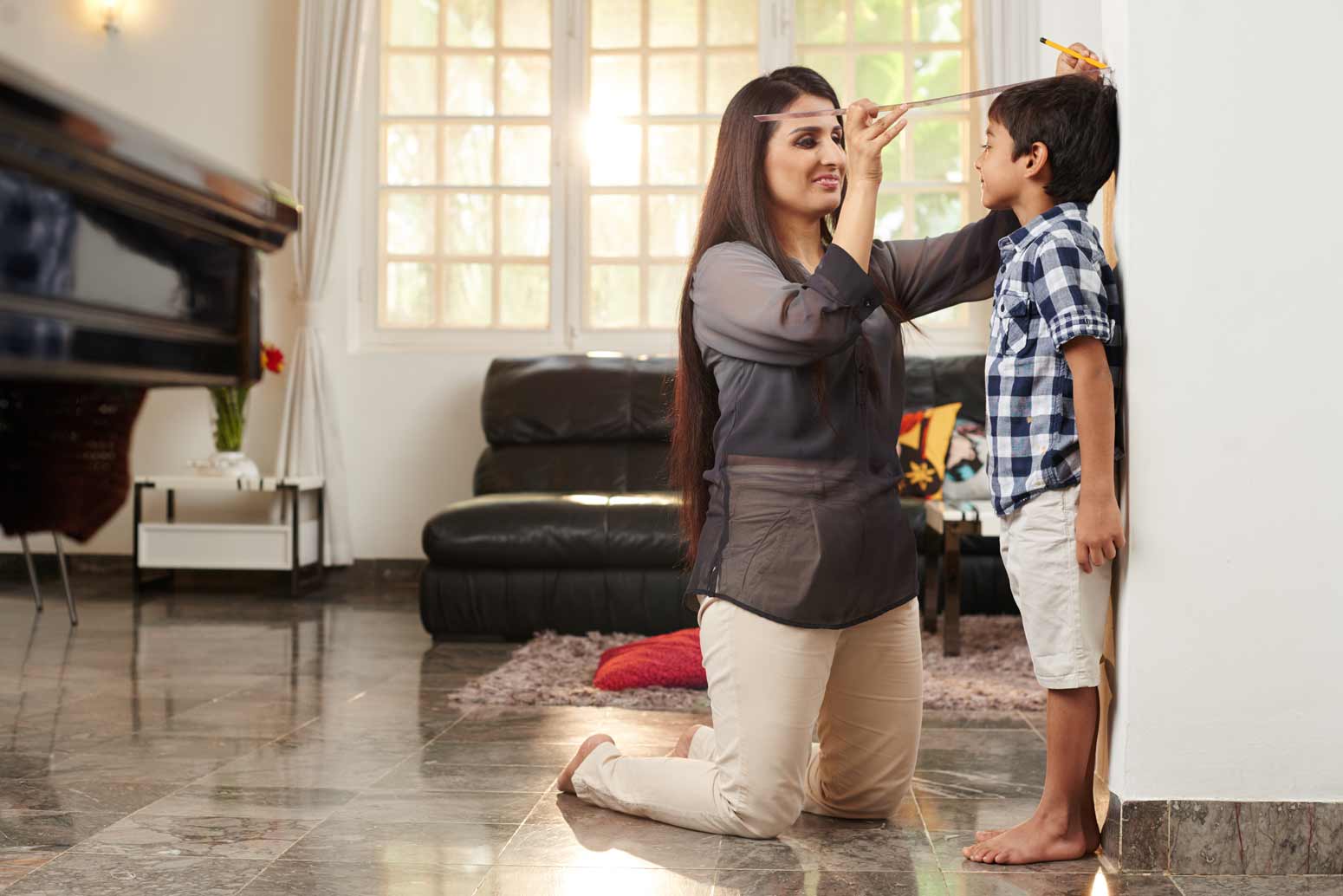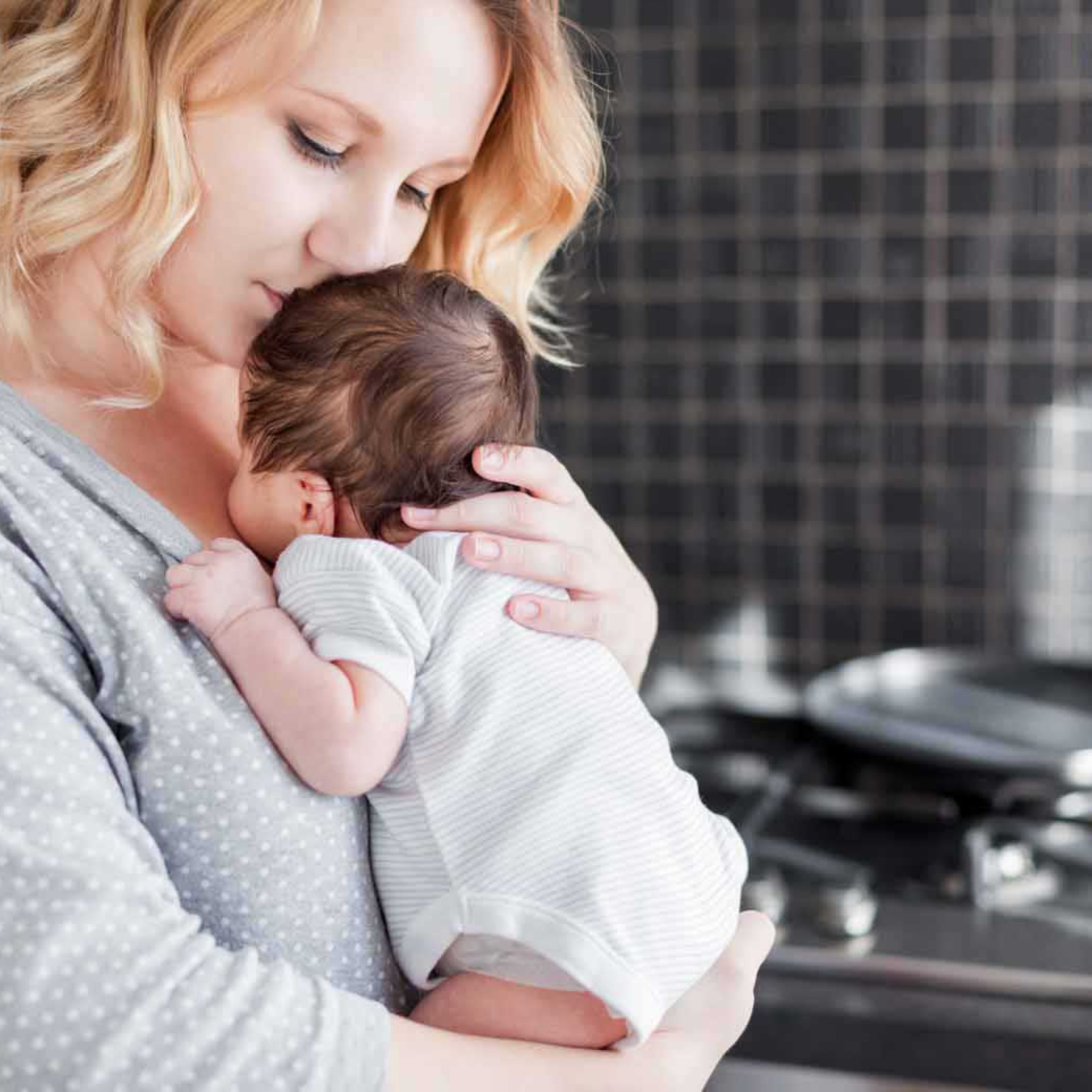When I was young, I had this grand picture of what my life would be as an adult. This vision included a thin, fit woman wearing a professional suit to work on a daily basis, owning every room she walked into. She was happy, confident, powerful, financially comfortable, a great wife and an awesome mom who balanced everything happily and gracefully. Her house was always clean, and laundry was done. Making love with her husband was a priority. She always cooked and had hot meals ready for her family. And her faith was untouchable. She didn’t understand those other women who couldn’t balance. Why couldn’t they balance – life wasn’t that hard…right!?
Then I got married, and real life started. I married a military man and moved away from home. I went to graduate school and started teaching. I had our daughter eleven years ago and then our son almost two years later. Both pregnancies were smooth; both cesareans but both recoveries were smooth as well. I was still teaching, but life was getting hard to balance. We were doing it, but not well. When my son was one, we moved back to Illinois. I couldn’t find a teaching job, so I became a stay-at-home mom by default. I worked part-time at the local YMCA for a little cash, and to meet new people. I was able to bring my kids to work, so daycare wasn’t a factor. It didn’t take me long to realize my life was no longer going as planned. I was a much better teacher than I was a stay-at-home mom. In the SAHM role, I didn’t own the room. I didn’t know what I was doing. I wasn’t confident. I wasn’t powerful. We weren’t financially comfortable, and I was not the great wife and awesome mom I imagined. My faith was shaken to the core. I felt myself breaking, not yet broken. But that was coming…
When my son was just shy of turning two (approximately eight years ago now), I became pregnant with my third child. I was happy, but I was also scared to death. This pregnancy wasn’t as smooth because I continued to get more and more anxious as the weeks passed. I was anxious, hormonal, uncertain. Then she came, right on schedule. She was beautiful. But if I told you things were perfect, I’d be lying. My journey with postpartum depression (PD) began almost immediately.
My parents came to visit when the baby was born, and they helped with everything – cooked, cleaned, helped take care of my older two and the baby while I rested. They did this for a week. I will never forget the day my mom left to travel back home. I cried and asked her not to leave me. I was a child all over again. I remember hugging her, whispering in her ear (while crying), “I can’t do this. I can’t take care of three kids. What was I thinking? I need your help. I don’t know how to do this.” She hugged me and told me about my strength, about my abilities as a mom. Of course, I didn’t buy it, but she needed to tell me those things, for both our sakes. She left, and I broke. And from there, life went downhill for months.
If I told you things were perfect, I’d be lying. My journey with postpartum depression (PD) began almost immediately.
My husband did everything in his power to make life easier for me. He cooked. He cleaned, did laundry, took care of the older kids while I cared for the baby. And I did everything to make him feel like he was NEVER enough. I had convinced myself that he was doing all of those things because he didn’t believe I could do them. I still tell people even these seven years later I’m astounded he never left. I gave him every reason to walk – but he never did. I was miserable with my children; constantly yelling, crying. It was where I lived and forced them to live as well. This went on for months, MONTHS before I was willing to accept there was a problem. My mom, even when talking to her on the phone, would tell me I needed to see my doctor about PD. I sassed off on her a few times even though I knew something just wasn’t right. During this time, I had also earned a promotion at work. Unfortunately, my co-workers also felt the wrath of my PD – sadness, anger, frustration. Relationships in all areas of my life were suffering. I also struggled with friends and other family members as well. Looking back, I know that it was only by the grace of God I had loving and understanding people in my life. It was close to a year before I sought therapy and another few months before I decided (with my doctor) that I needed medication. I knew I didn’t want to live like that anymore – darkness, loneliness, sadness, anger, fear.
Before starting my therapy with a professional, I spoke with my priest. Quite quickly he realized I needed professional help. He told me that though he would always be willing to speak with me and listen, he believed that he couldn’t give me the help I needed. He recommended a local therapist who I began seeing soon after my initial visit with him. It was one of the best decisions I ever made for myself, for my marriage, for my children and believe it or not, for the other people in my life as well. That being said, it was not a quick process. I was in therapy for months. There were times I would come home feeling refreshed, feeling like I was making progress. There were times I would come home angry because of different a-ha moments I would have during a session, and take it out on my husband, which would cause more fights. When my daughter was fifteen months old, and two months into therapy, I decided to try medication for depression and anxiety because things were only slowly getting better with therapy. My emotions were still out of whack. The combination of therapy and medication worked wonders in my recovery. This may not be a solution for everyone, so I can only recommend speaking to your doctor about your personal needs. In time, I learned that exercise and nutrition were also a large part of my mental health as well, in addition to therapy and medication. Making myself a priority was significant, but again, not an easy feat to overcome. We as a group, moms, tend to put everyone else ahead of ourselves. I learned, in time, that it was better for everyone in my house and my life if I made myself a priority. It was all such a very tough road. But I can say this: PD helped me discover who I was and who I wanted to be. And it deepened my faith and my relationship with God in a way I never thought imaginable.
It was all such a very tough road. But I can say this: PD helped me discover who I was and who I wanted to be.
The most difficult part of my PD journey was believing that NO ONE understood and I believed that I was alone. PD is a very lonely place to live. There are varying degrees of severity, and I believe I was smack dab in the middle of that spectrum. Since becoming more vocal about my experience, I have learned that far too many women suffer from PD. Most of us are scared to death to speak about it because we genuinely do feel by ourselves If you are currently suffering from PD (or think you might be), I encourage you to seek out a local therapist or even your pastor to discuss your feelings and a plan for recovery. You will likely find that many moms close to you have also experienced the same struggles. This in and of itself, can be a therapeutic discovery.
—
We recommend you check out these episodes of our podcast, This Grit and Grace Life:
Mom Hacks: Help You Need in Every Stage – 026
You Are “Mom Enough”: How to Stop Feeling Like a Failure – 017
You’ll also like Being Pregnant Is Hard! 4 Truths for a Mom-To-Be, Running on Empty, Mom?, Must Reads on Motherhood for a Grit and Grace Life, Dear SAHM: I See You and Want You to Know These 8 Things and Is Battling Depression Disappointing God?
#gritandgracelife













